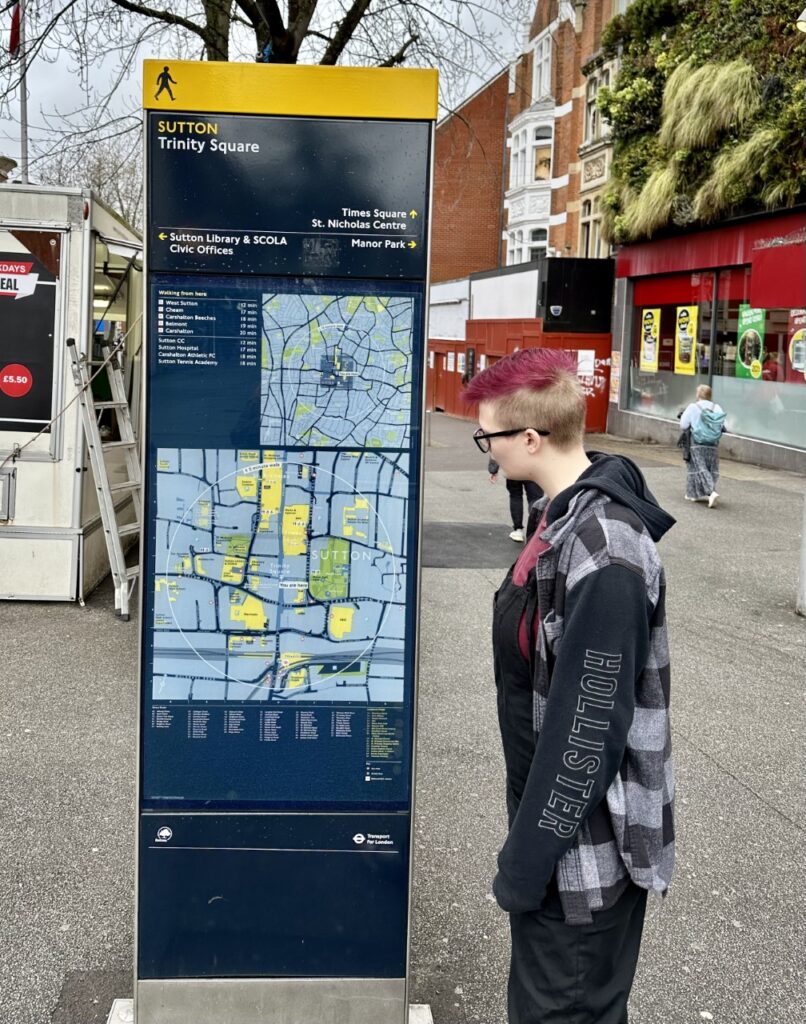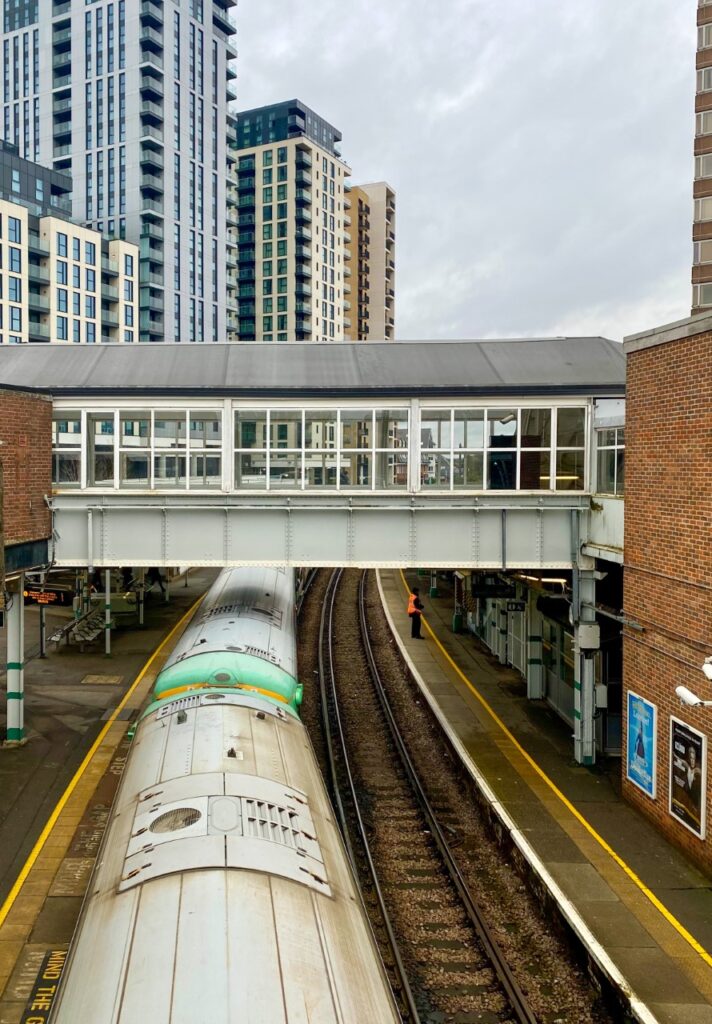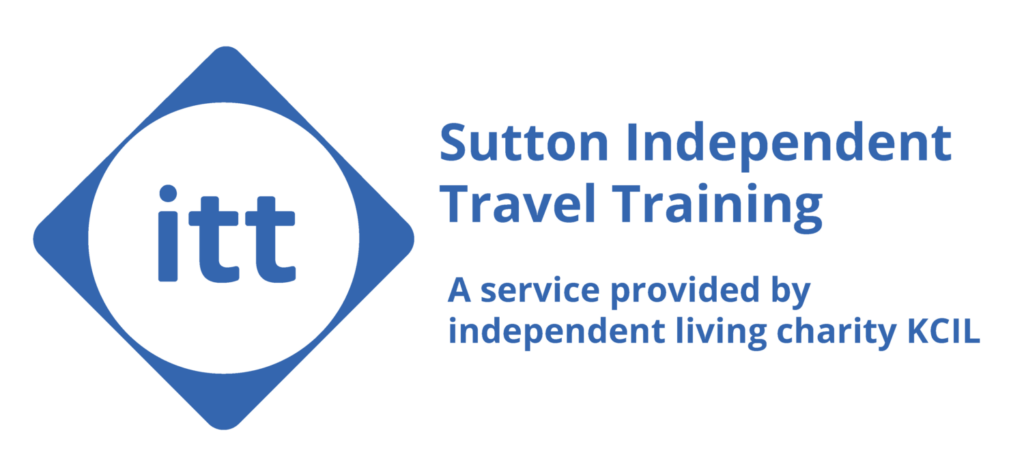Sutton ITT FAQs

What is Sutton Independent Travel Training?
Independent travel training is a service provided by Sutton in collaboration with KCIL (Kingston Centre for Independent Living). Travel training is a practical and bespoke programme that bridges the gap between the child or young person who is unsure about travel or is using assisted transport, into travelling independently using bus, train and walking routes. Successful travel training enables young people to open their lives to more opportunities for education, employment, and social activities. The ITT programme is delivered by an independent travel trainer who will support theory-based learning (on road and personal safety), before deciding with the trainee and their parent/guardian on when practical lessons will commence. Upon completion of ITT, the young person will receive recognition for their achievements and a final report as well as reflective documents are provided.
Who is eligible for Sutton ITT?
All students aged between 11 years (transitioning into secondary school); young adults 25 years in receipt of an EHCP and assisted travel are eligible for referral. An assessment is then carried out by the trainer to identify whether the young person will be able to access the course. The trainee must demonstrate that they have the potential to travel independently once the course has been completed.
How can I get my child/young person referred to Sutton ITT?
Referrals can be made through Cognus Assisted Transport team website, directly at www.kcil.org.uk/itt and EHCP coordinators and SENDCOs.
What does ITT consist of?
Independent Travel Training is a blend of theory and practical training that is bespoke for each individual. Our ITT trainer has 15 years work experience in the SEND sector and will discuss each programme in depth throughout the course.
How is Sutton ITT delivered?
After the initial referral is made, an assessment is carried out. For the first part of the assessment the trainer meets with the young person and their parent/guardian, this will be to assess the young person’s current knowledge and skills surrounding travel. The second part of the assessment involves the trainer and the young person taking a short walk or journey to assess the young person’s skills and confidence as well as their social awareness and abilities.
Once the young person is accepted onto the ITT programme, agreement and consent is sought from all parties. Following this, the trainer will start to create a bespoke programme for the trainee.
The trainer will then plan the route, considering distance, fares, accessibility, potential hazards, and journey length, which will be agreed by the travel coordinator, trainee, trainer, and parent/guardian.
Two risk assessments will then be carried out one is generic and includes route changes as well as risk mitigation, the other is a specific risk assessment which includes risks associated with the young person’s journey as well as actions taken to mitigate the specific risk.
As well as delivery of theory-based training, the trainee will also travel with the trainer on the route agreed, learning how to effectively use payment systems, travel apps and timetables. The trainee will also be provided with their own ‘What if?’ checklist. The practical stage has no time limit and there are no limitations or targets, our trainer will take the time necessary to ensure learning is at a pace that suits each young person. Travel Training will continue until the trainee is demonstrating that they can travel independently, this again is agreed with all parties before progression.
Shadowing is the final part of the programme when the trainer observes the trainee from a distance travel the entire course of their journey independently, this is carried out several times before being assessed and signed off by the travel trainer coordinator.
Once the programme ends the trainer and coordinator will complete a ‘Final report,’ which will give feedback on the young person’s progress as well as areas for further development (with the ability to revisit the course if needed). An ‘Evidence of achievement form’ is also completed in collaboration with the parent/guardian, trainee, and referrer. Finally, a certificate of achievement is given to the trainee.
How does the trainer know how to support my child’s needs?
All trainers are experienced in SEND with extensive experience in specialist and mainstream settings, as well as holding a Lv.2 qualification in delivering ITT and enhanced DBS. All trainees will be signed off by a second member of the team who has a Lv3 Travel Trainer qualification. More importantly, a person-centred approach is adopted by all members of Sutton and the ITT team.
What routes will be focused on?
Initially the focus will be on travel training between school/college and the trainee’s home.
How does ITT work with schools/colleges?
The ITT collaborate with school SENDCOs informing them of the service and building awareness, as they will also have a great insight into what young people would benefit from ITT. It will be schools and colleges that children/young people will be commuting to and from, so there will also be collaboration with the ITT team due to this.

What if my child/young person does not ‘pass’?
Each child/young person will be ready to start training at various times throughout their development, there is no, ‘pass’ or ‘fail’ aspect of the programme, and progression is based on individual need.
How do I contact the ITT team?
Telephone: 0208 546 9603
Address: Sutton Independent Travel Training,
Kingston Centre for Independent Living (KCIL),
River Reach,
31-35 High Street,
Kingston,
KT1 1LF

